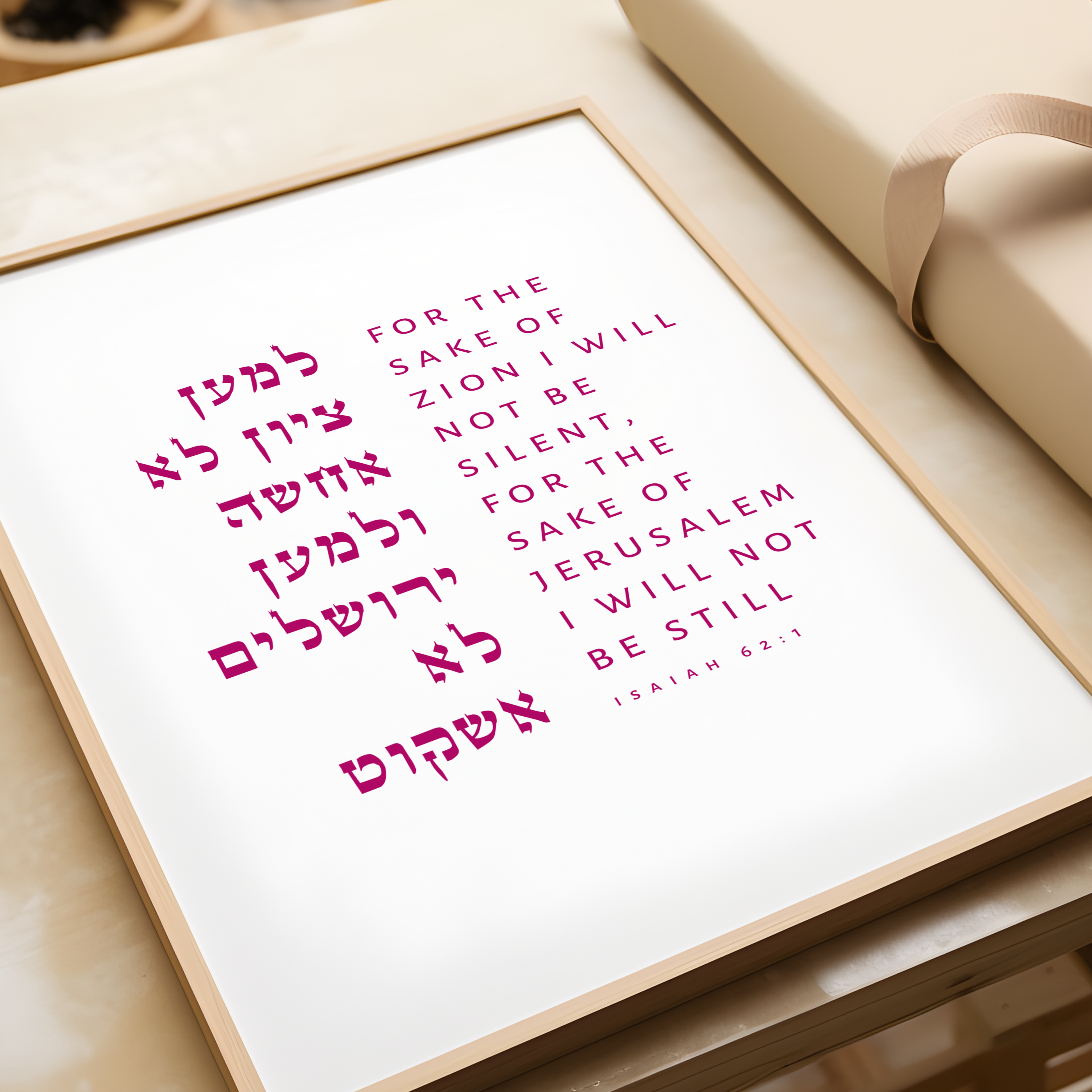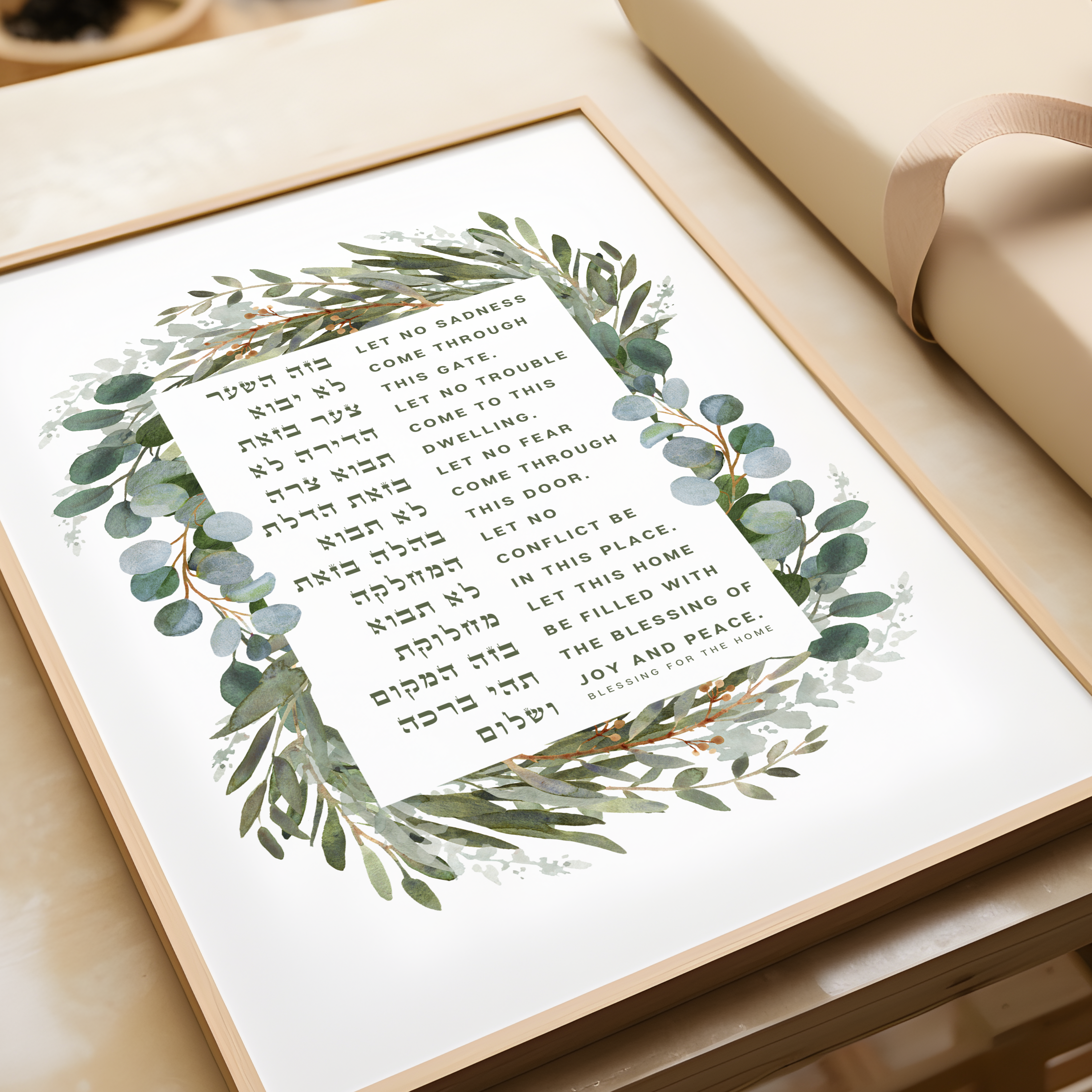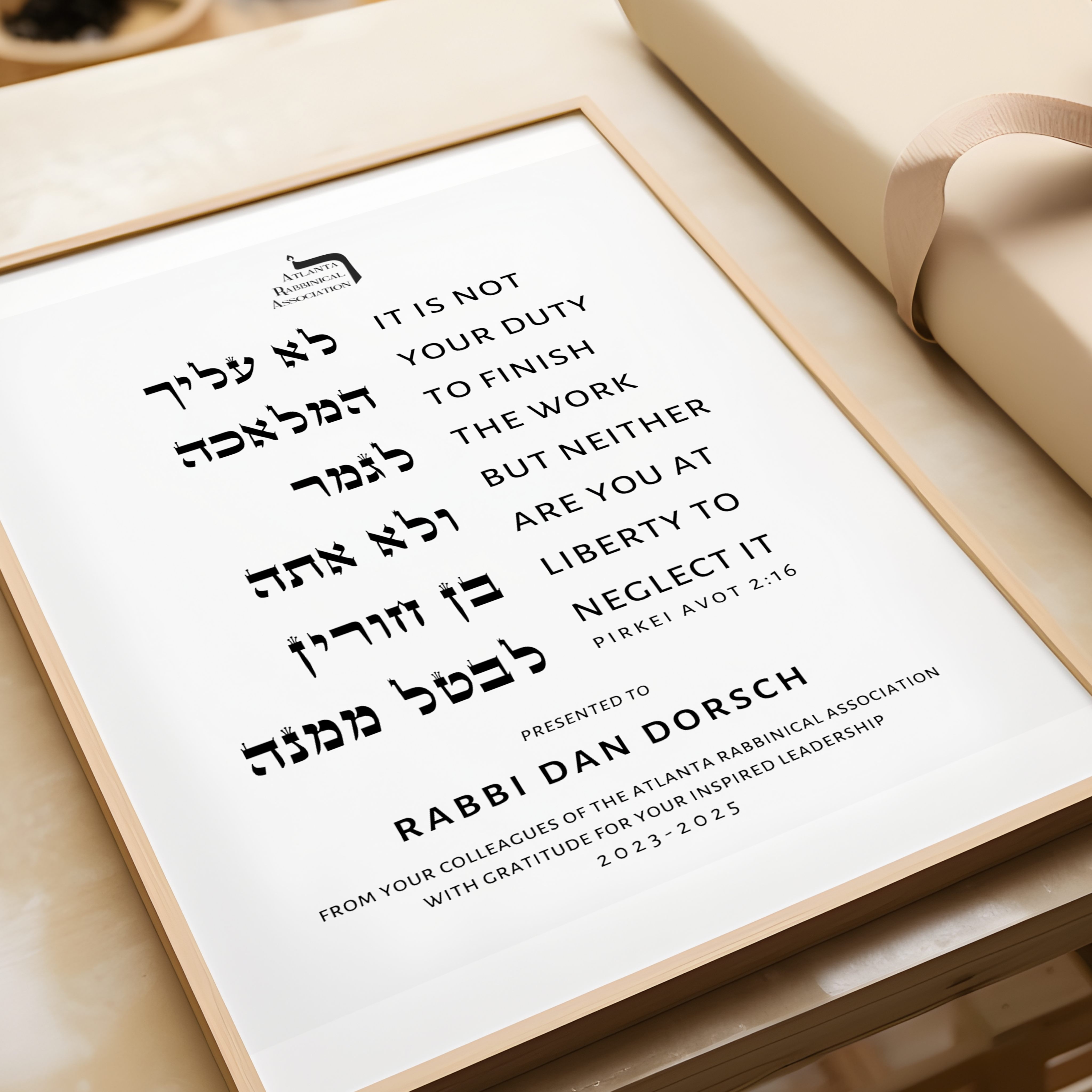Learn about the Jewish tradition of hanging a mezuzah on doorposts and which doors in your home or business require one. Discover the significance and symbolism of this ancient practice and its relevance in modern times.
The mezuzah is a small parchment scroll inscribed with verses from the Torah that is affixed to the doorpost of Jewish homes and buildings. This tradition has been observed for thousands of years and is a central aspect of Jewish identity and faith. But which doors need a mezuzah, and why? In this article, we will explore the ins and outs of this ancient practice and shed light on its meaning and significance.
What is a Mezuzah?
A mezuzah is a small case that contains a parchment scroll with Hebrew verses from the Torah, specifically Deuteronomy 6:4-9 and 11:13-21. The scroll is rolled up and placed inside a decorative case, which is then affixed to the doorpost of a Jewish home or building. The mezuzah serves as a reminder of God's presence and the importance of the commandments, as well as a symbol of the Jewish people's connection to their history and heritage.
Which Doors Need a Mezuzah?
According to Jewish tradition, a mezuzah is required on the doorpost of any room in which a Jew lives, works, or spends significant time. This includes:
- The front door of a home or apartment
- The entrance to each room in the home, including bedrooms, bathrooms, and kitchens
- The door to a business or office that is owned or used by a Jew
It is not necessary to hang a mezuzah on doors that lead to unimportant spaces such as closets, storage rooms, or garages, as these are not considered living spaces.
How to Hang a Mezuzah
Hanging a mezuzah is a straightforward process, but it is important to do so correctly. Here are the basic steps:
- Obtain a kosher mezuzah scroll and case.
- Identify the correct location for the mezuzah, which is usually at eye level on the right side of the doorpost as you enter.
- Affix the case to the doorpost using nails or screws.
- Insert the scroll into the case and secure it in place.
- Recite the blessing for affixing the mezuzah.
It is recommended to have a rabbi or Judaica store assist with the selection and placement of a mezuzah.
Frequently Asked Questions
Q: Can a non-Jewish person hang a mezuzah? A: Yes, anyone can hang a mezuzah, but it is recommended to have a Jewish person recite the blessing.
Q: Can a mezuzah be moved? A: Yes, a mezuzah can be moved, but it should be taken down and re-affixed with the blessing recited again.
Q: What happens if a mezuzah falls off? A: If a mezuzah falls off, it should be checked to ensure that the scroll is intact and undamaged. If it is in good condition, it can be re-affixed with the blessing recited again.
As we have learned, a mezuzah should be hung on the doorpost of any room in which a Jew lives, works, or spends significant time. By following this tradition, we can bring a sense of sanctity and mindfulness into our daily lives, while also preserving a cherished aspect of our heritage. Whether you are a lifelong adherent to Jewish customs or simply curious about this ancient practice, we hope this guide has provided you with a greater understanding of which doors need a mezuzah and why.








